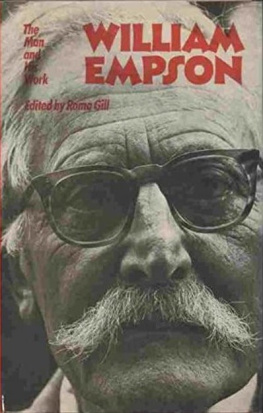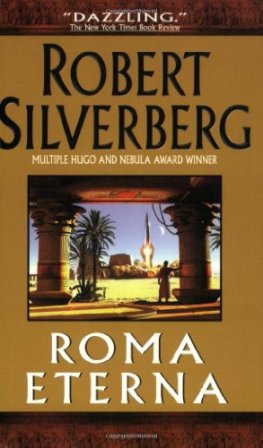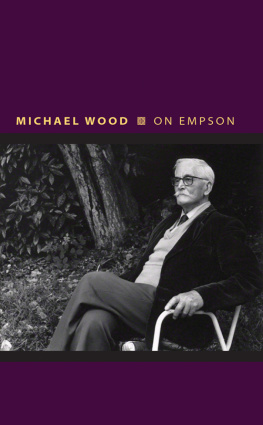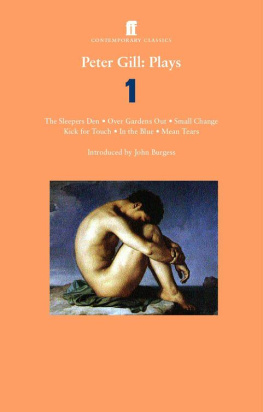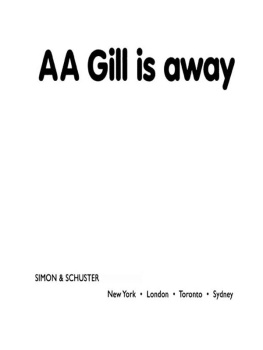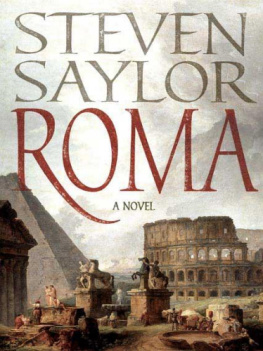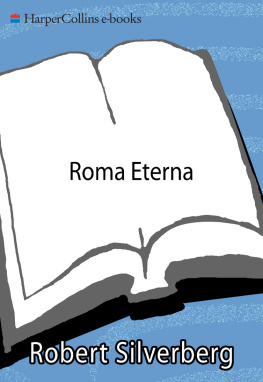Roma Gill - William Empson: The Man and His Work
Here you can read online Roma Gill - William Empson: The Man and His Work full text of the book (entire story) in english for free. Download pdf and epub, get meaning, cover and reviews about this ebook. year: 2016, publisher: Routledge, genre: Detective and thriller. Description of the work, (preface) as well as reviews are available. Best literature library LitArk.com created for fans of good reading and offers a wide selection of genres:
Romance novel
Science fiction
Adventure
Detective
Science
History
Home and family
Prose
Art
Politics
Computer
Non-fiction
Religion
Business
Children
Humor
Choose a favorite category and find really read worthwhile books. Enjoy immersion in the world of imagination, feel the emotions of the characters or learn something new for yourself, make an fascinating discovery.
- Book:William Empson: The Man and His Work
- Author:
- Publisher:Routledge
- Genre:
- Year:2016
- Rating:3 / 5
- Favourites:Add to favourites
- Your mark:
- 60
- 1
- 2
- 3
- 4
- 5
William Empson: The Man and His Work: summary, description and annotation
We offer to read an annotation, description, summary or preface (depends on what the author of the book "William Empson: The Man and His Work" wrote himself). If you haven't found the necessary information about the book — write in the comments, we will try to find it.
William Empson: The Man and His Work — read online for free the complete book (whole text) full work
Below is the text of the book, divided by pages. System saving the place of the last page read, allows you to conveniently read the book "William Empson: The Man and His Work" online for free, without having to search again every time where you left off. Put a bookmark, and you can go to the page where you finished reading at any time.
Font size:
Interval:
Bookmark:

LITERARY THEORY
Volume 14
Edited by
ROMA GILL

First published in 1974 by Routledge & Kegan Paul Ltd
This edition first published in 2017
by Routledge
2 Park Square, Milton Park, Abingdon, Oxon OX14 4RN
and by Routledge
711 Third Avenue, New York, NY 10017
Routledge is an imprint of the Taylor & Francis Group, an informa business
1974 Routledge & Kegan Paul
All rights reserved. No part of this book may be reprinted or reproduced or utilised in any form or by any electronic, mechanical, or other means, now known or hereafter invented, including photocopying and recording, or in any information storage or retrieval system, without permission in writing from the publishers.
Trademark notice: Product or corporate names may be trademarks or registered trademarks, and are used only for identification and explanation without intent to infringe.
British Library Cataloguing in Publication Data
A catalogue record for this book is available from the British Library
ISBN: 978-1-138-69377-7 (Set)
ISBN: 978-1-315-52921-9 (Set) (ebk)
ISBN: 978-1-138-68354-9 (Volume 14) (hbk)
ISBN: 978-1-138-68357-0 (Volume 14) (pbk)
ISBN: 978-1-315-54445-8 (Volume 14) (ebk)
Publishers Note
The publisher has gone to great lengths to ensure the quality of this reprint but points out that some imperfections in the original copies may be apparent.
Disclaimer
The publisher has made every effort to trace copyright holders and would welcome correspondence from those they have been unable to trace.
Edited by
Roma Gill

First published in 1974
by Routledge & Kegan Paul Ltd
Broadway House, 6874 Carter Lane,
London EC4V 5EL and
9 Park Street Boston, Mass. 02108, USA
Printed in Great Britain by
Richard Clay (The Chaucer Press), Ltd,
Bungay, Suffolk
Routledge & Kegan Paul 1974
No part of this book may be reproduced in
any form without permission from the publisher,
except for the quotation of brief
passages in criticism
ISBN 0 7100 7823 4
Life of Milton
Roma Gill
When I first approached some of William Empsons friends in search of papers for this volume, I asked them to write about the man himself, or his work, or the subjects that interested him. I hoped thereby to achieve some sort of coherence for the series of essays, and also to give some impression of the man, the poet, and the critic who has been such a powerful influence in the twentieth century. The first aim might have been satisfied had I asked for papers only on the Elizabethans for instance; but this would have given a false impression. Empson, as the bibliography of his published works clearly indicates, has no period, no narrow specialism. The papers presented here range from the biographical to the academic; but what every one suggests is the impossibility of separating the man from his work and the life from the thoughteven on a ski-ing holiday.
My thanks are due to all the contributors to this volume, for their papers and for their enthusiasm.
The poem A Toast by W. H. Auden on first appeared in his collection Epistle to a Godson (1972) and is printed here by courtesy of Faber & Faber.
On his retirement in 1971 from the Chair of English Literature at the University of Sheffield William Empson founded a prize to be awarded annually for the encouragement of student drama; royalties from the sale of this book will be contributed towards this fund.
A Toast
W. H. Auden
As quid pro quo for your enchanting verses,
when approached by Sheffield, at first I wondered
if I could manage Just a Smack at Empson,
but nothing occurred.
All I could fault was your conceit that Miltons
God, obtrusive prolix baroque Olympian,
is our Christian one. Who, though, but you has pondered
so deeply on Alice?
Good voices are rare, still rarer singers with
perfect pitch. If Graves was right, if at Cambridge
the tunings a wee bit sharp, then at Oxford
it well may be flat.
Our verbal games are separate, thank heaven,
but Time twins us: both learned to person Life in
an open-hearthed, nannied, un-T-Vd world, where
cars looked peculiar.
To wish you long long years would be heartless (may you
leave when you want to, no earlier): but I gladly,
dear Bill, dear fellow mandarin, smile to your
future holidays.
The Ambiguity of William Empson
M. C. Bradbrook
If I were asked to choose the greatest passage of criticism in Empson, I would plump for the analysis of Pope on the Duke of Chandoss seat, Canons; especially its conclusion.
When Pope prophesies the destruction of the building his language takes on a grandeur which reflects back and transfigures it:
Another age shall see the golden ear
Embrown the slope and nod on the parterre,
Deep harvest bury all his pride has planned,
And laughing Ceres reassume the land.
These lines seem to me to convey what is called an intuitive intimacy with nature; one is made to see a cornfield as something superb and old as humanity, and breaking down dykes irresistibly, like the sea. But, of course, it embrowns as with further, more universal gilding and nods on the parterre like a duchess.
This seems to me rather a curious example of the comparison which elevates both parties; in this case, it is the admiration latent in a sneer which becomes available as a source of energy for these subsidiary uses; and also an example of how the Wordsworthian feeling for nature can be called forth not by an isolated and moping interest in nature on her own account, but by a conception of nature in terms of human politics. I hope, at any rate, you agree with me, that the lines convey this sort of sympathy intensely; that there is some sense of the immensity of harvest through a whole country; that the relief with which the cripple for a moment identifies himself with something so strong and generous gives these two couplets an extraordinary scale. Seven Types of Ambiguity,
This is not the sort of writing with which Empson is most often associated; but it shews that his intellectual gymnastics, those analyses of variables by which he displays himself as most mathematically agile, are rooted in a much warmer and richer organic response to complex human situations embodied in Nature. In the passage quoted, he enjoys the transfiguration of the scene as he does in his own poems:
How much more foliage appears by starlight;
Next pageFont size:
Interval:
Bookmark:
Similar books «William Empson: The Man and His Work»
Look at similar books to William Empson: The Man and His Work. We have selected literature similar in name and meaning in the hope of providing readers with more options to find new, interesting, not yet read works.
Discussion, reviews of the book William Empson: The Man and His Work and just readers' own opinions. Leave your comments, write what you think about the work, its meaning or the main characters. Specify what exactly you liked and what you didn't like, and why you think so.

